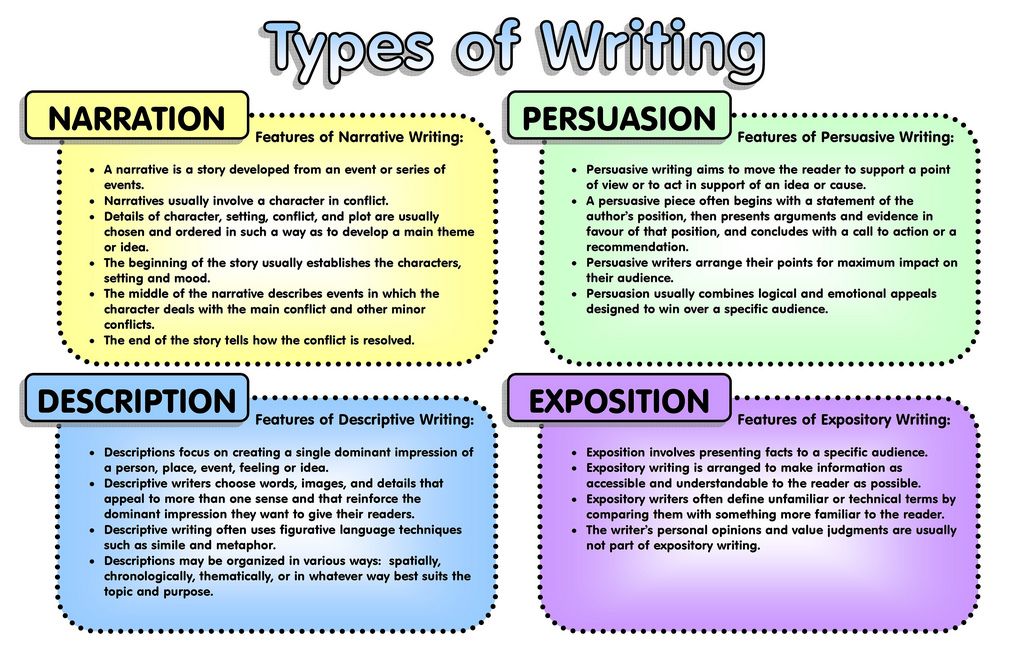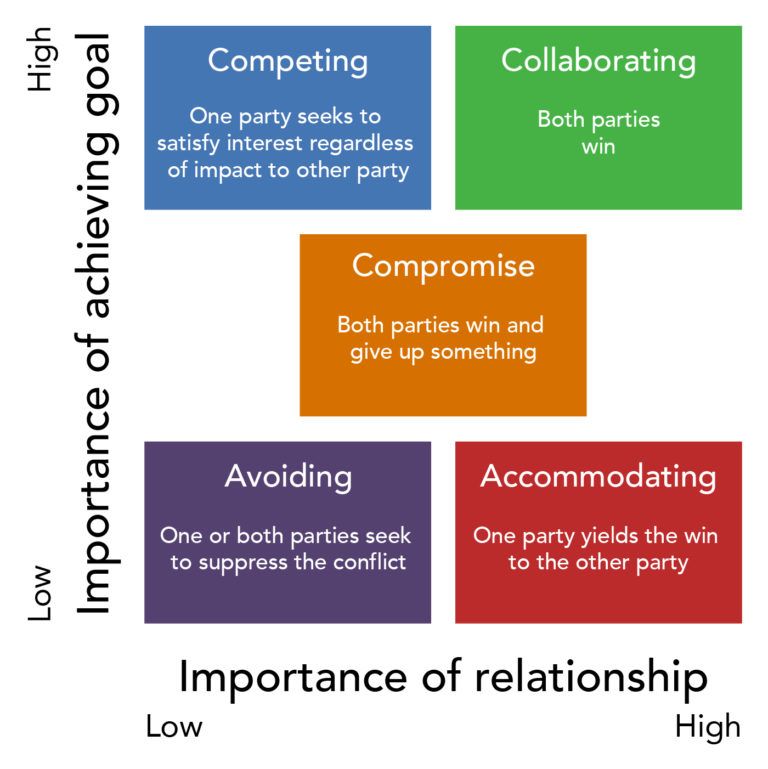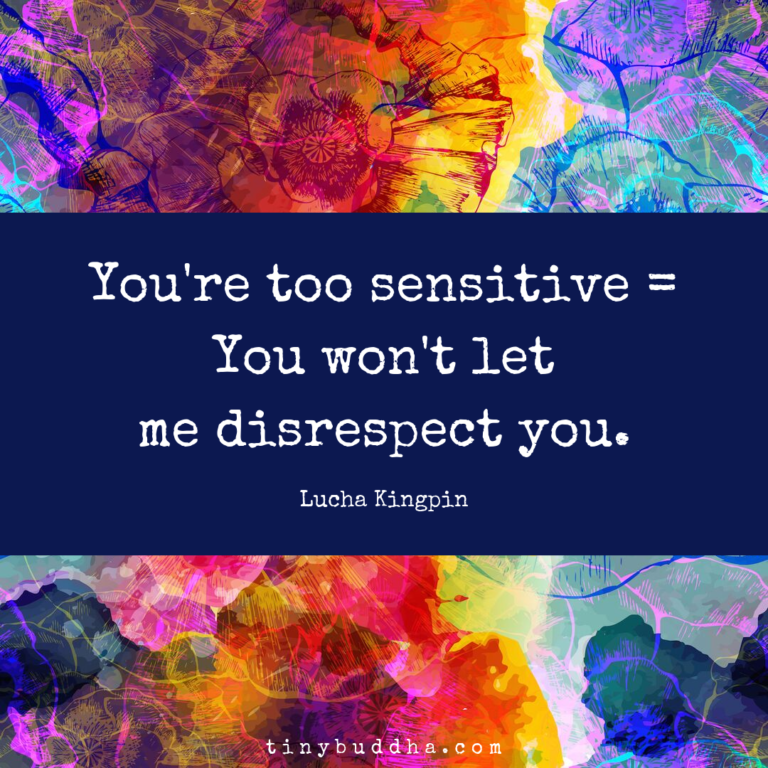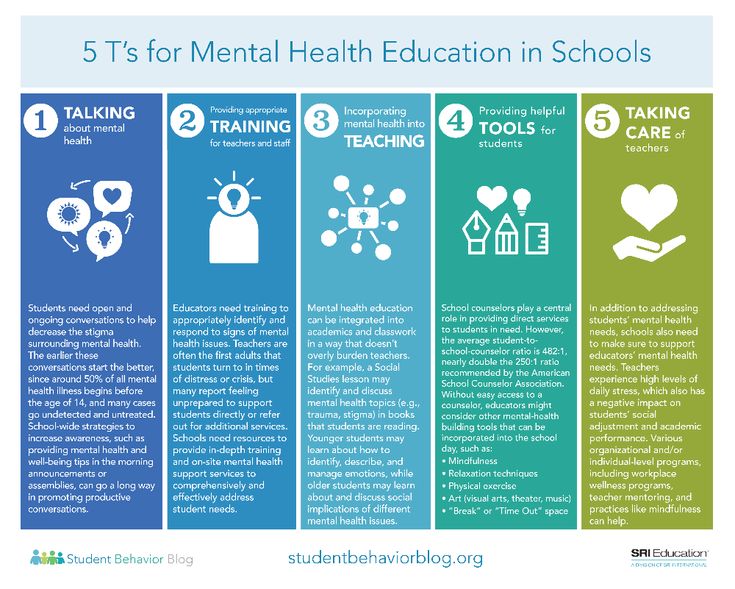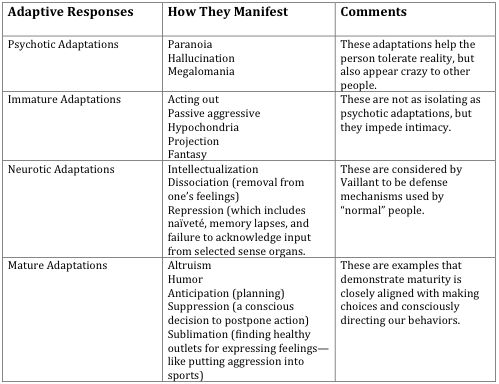How to end obsession
Stop Obsessing or Ruminating
by Eileen Bailey Health Writer
Medical Reviewer
Jerry Kennard, Ph.D.
iStock
Medical Reviewer
Jerry Kennard, Ph.D.
iStock
I recently went through a personal crisis and found myself obsessing about it. Every waking minute was consumed with thoughts about the situation. I went over it and over it, all day, everyday until I thought I was losing my mind. While individuals with generalized anxiety disorder are prone to constant worry, everyone can fall prey to ruminating or obsessing when faced with a difficult situation.
iStock
Decide what you are ruminating about
Figuring out exactly what it is you are obessing about can be helpful. For example, you might obsess over a mistake at work, a conversation or your company's financial stability. But your real worry is that you may lose your job. Try to sum up your ruminations into one single sentence. "I am worried that I may lose my job." By doing this, you gain control by being able to address the real situation.
iStock
Examine your thinking process
Many people with anxiety use an "all or nothing" type of thought process. You may be focusing on one specific problem, assuming that the sum of all your years of work is defined by that single event. Remember, most situations are not defined by one single moment but instead a result of cumulative events. Try to balance your thinking by writing down a list of what you have accomplished.
iStock
Allow yourself time to ruminate
Accept that you have the right to worry about your situation, but limit the time you will do so. Give yourself a short period of time, maybe 15 or 30 minutes, a day to worry. During this time, write down your obsessive thoughts. If you find yourself worrying about the situation at other times of the day, remind yourself that it needs to wait until your specified worry time.
iStock
Use a journal
Writing down your thoughts can help you gain control over your ruminations. Using a "Worry Script" may help you to relieve your anxiety, especially if you are worrying about events that have not yet happened.
iStock
Write down pleasant thoughts
When you tell yourself to stop ruminating, what are you going to think about? Having a list of pleasant thoughts can help you move from the rumination to thinking about something else. You might list things like an upcoming vacation, spending the weekend with friends, going out to dinner with your partner. Make sure your list includes situations you are looking forward to or pleasant memories.
iStock
Use behavioral techniques to help stop ruminating
One woman I know kept a rubber band on her wrist and would snap it every time she began ruminating to remind her to stop. Another used visualization, imagining herself driving and getting to a stop sign. When she reached the stop sign, she needed to stop ruminating.
When she reached the stop sign, she needed to stop ruminating.
iStock
Focus on the lesson learned
Every situation we go through has the potential to teach us something. Think about what you are ruminating about and see how to use it to improve yourself. For example, if you are ruminating about a mistake you made at work, think about steps you can take to make sure the same mistake doesn't happen again. By looking at how you can improve, you begin focusing on the positive of the situation rather than the negative.
iStock
Talk about your worries with a trusted friend or relative
Often, when we talk out the worries, we can begin to see it from a different perspective. Looking at the situation from different points of view can help you find options for solving your problem.
iStock
Seek professional help
Seek professional help. If your obsessive thoughts are interfering with your daily life, it may be time to talk with a professional therapist or medical professional.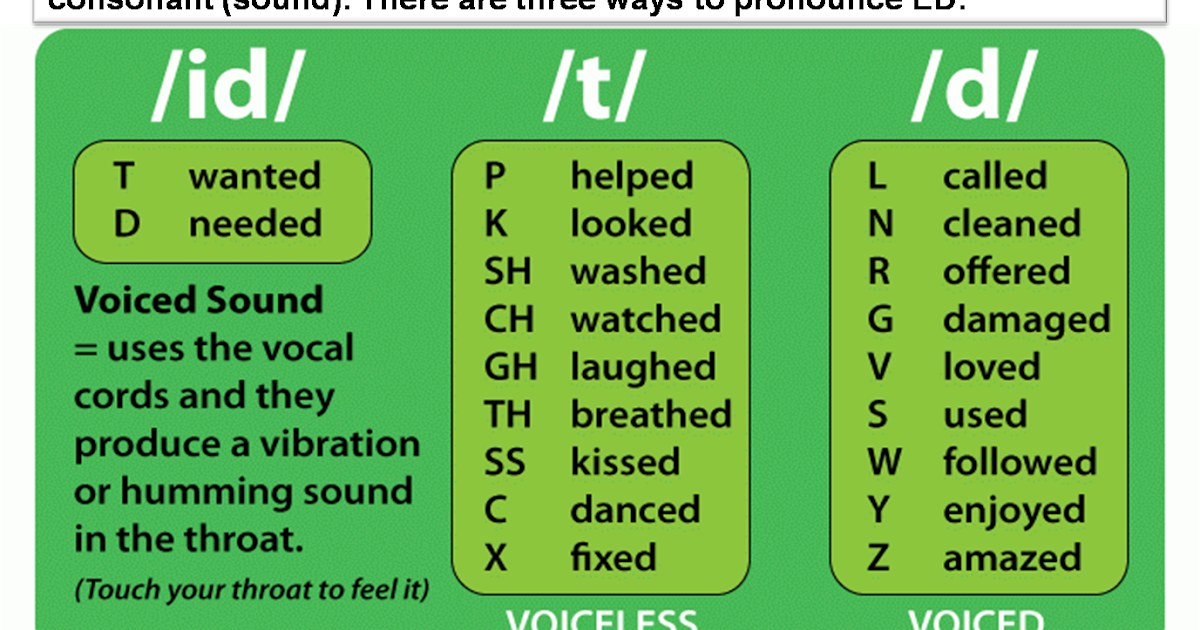
How to Break an Obsession
Source: Carsten Carlsson/Unsplash
In the internet era, it's easy to get obsessed with things. For example, fan communities connect people who are obsessed with particular TV shows. Reddit and Slack communities connect people obsessed with a topic or hobby. Twitter connects people all outraged by the same things. These communities can feel more accepting than other friendship circles. Also, it's possible to lurk if you don't have social energy.
You might've even found yourself "hate-watching" or "hate-following" particular content creators, like family vloggers or fitness influencers. There are even communities for people to do this! Fellow hate-watchers gather to discuss aspects of the content they find problematic.
If you've got a passionate personality, you might pick up serial obsessions. Back when the TV show Lost was on the air, I spent several hours a week listening to podcasts about it. Next, I did the same thing with the TV show Survivor. And recently, I started checking a Reddit sub several times a day.
And recently, I started checking a Reddit sub several times a day.
These can be positive aspects of being involved in a fan community or a community centered on a common goal or common values (like the FIRE movement, where FIRE stands for Financially Independent, Retire Early). Even then, you may find yourself wanting to step back. For example:
- If it starts to become harder to connect with anyone who isn't part of those communities
- If you check particular platforms obsessively (e.g., checking a Reddit sub is the first thing you do each day)
- If it's interfering with work or other goals
- If your interests are shifting, or you want more time to devote to other pursuits
- If you want to break a pattern of serial obsession
How to Step Back
1. Try a temporary hiatus.
Take a day or a week off from engaging with whatever you're obsessed with. Treat this as an experiment. Notice what you end up doing with the time and focus you're not devoting to your obsession. See what you like about the you that you experience when you're focused and engaged with other topics.
See what you like about the you that you experience when you're focused and engaged with other topics.
Perhaps you think you're overdoing your involvement in a particular community but don't want to break away from it completely. In this scenario, you might create a routine of stepping back. For example, disengaging for the first two weeks of each quarter, or one week per month. This will give you a reset.
Note that you don't need to announce this; just do it. Breaks allow you to reassess your involvement with a fresh perspective without acting based on autopilot and inertia.
Avoid taking on moderator roles that would make this difficult.
2. Change your setting or routine.
It's difficult to change one behavior if the rest of your environment and routines stay the same. If I want to change my routine, I try going to parks I don't often visit. Anything from local parks 20 minutes away to state and national parks that are an hour or two away.
Starting an exercise plan can also be a good way to change up your routine. Starting exercise can make you automatically change other things: e.g., your eating and sleeping routines, or perhaps you engage in recovery behaviors like hot baths. One deliberate change can cause other subtle shifts in your routine.
3. Eliminate triggers.
Consider unsubscribing from YouTube channels or podcasts. Take related apps off your phone. Change your news service settings to not show you stories about that topic. If you get ads about your obsession, use an ad blocker or other method to reduce how much you see those.
You can do this in more or less extreme ways, depending on what you're willing to do. For example, I have a few apps on my phone, but I access sites like Reddit only using my browser (rather than the app). If I have an app on my phone, I have notifications off, and I have my phone automatically set to do not disturb from 11 p.m. to 11 a.m. each day.
4. Be kind to yourself.
Figuring out what provides meaning in your life is tricky. Sometimes I look back on topics I've been a bit obsessed with and wonder if I regret it. For example, do I regret all those hours I spent listening to podcasts about the TV show Lost? The answer, for me, is usually "sort of."
Sometimes it's difficult to find replacements. For example, there's an NPR show I usually love, but this past year it's been almost exclusively focused on politics and COVID, and I don't want more of either of those!
You might find there's only so much time you feel like engaging in your virtuous hobbies and interests (e.g., exercising, playing with your kids, self-improvement, cooking, gardening).
When you're thinking about what provides a sense of meaning in your life, it's OK if you don't find easy answers. Be kind to yourself when you're pondering those big questions.
5. Understand what psychological needs the obsession is fulfilling.
Obsessive interests can be fueled by various psychological payoffs. These include providing:
- Distraction from the news
- Distraction from aspects of life that stress you out (e.g., challenging work tasks or other types of "adulting")
- Relief from loneliness without requiring you to be social (e.g., via lurking)
- Distraction from relationship difficulties (e.g., aspects of others' behavior that frustrate you and a sense of powerlessness to change those)
- A sense of unconditional acceptance
- A singular focus that distracts you from messy self-questioning about how you derive a sense of meaning in your life
- A way to hide an aspect of yourself. If all the talk is about one topic, then a problem aspect of your behavior may not come up or be seen (e.g., you can hide your alcohol use in a fan community, but not in your regular life)
Not all of those are negative—or not wholly negative. When you understand the payoffs you're getting, you can look at alternative ways to experience those payoffs or ways you could reduce those needs. For example, better anxiety management skills might relieve your need to distract yourself from challenging work.
For example, better anxiety management skills might relieve your need to distract yourself from challenging work.
While I mentioned some specific types of obsessions at the outset of this article, there are many more types these tips could apply to. Perhaps you've spent many dozens of hours playing a particular video game. Or you're obsessed with perfecting your Instagram, but it can ruin some experiences for you. Or maybe you've gotten very close with a particular friend, but messaging almost every day is crowding out other aspects of your life. Whatever the issue is, and whether you see it as a big problem or a small one, you can try these tips to experiment with different behavior.
How to understand that you are obsessed with productivity and find a balance
May 23 Productivity
Permanent employment does not guarantee success, but it leads to burnout and problems in life.
You can listen to the short version of the article. If it's more convenient for you, turn on the podcast.
If it's more convenient for you, turn on the podcast.
Productivity is one of the most popular topics in the world. Every day people come up with new tools to achieve their goals and release books that promise to lead readers to success. What used to be a simple indicator of the efficiency of the production of goods and services has become a real boom. And some have become truly obsessed. nine0003
How productivity becomes an obsession
It all starts with basic reward systems. High productivity constantly gives us pleasant bonuses, for example, in the form of a salary increase or social recognition. Gradually, performance becomes an end in itself, and we become obsessed with it.
This phenomenon is much more common than it seems. Experts from Norway and Hungary have conducted studies on this topic and have received very similar results. Norwegians determined that 7.3-8.3% of the country's inhabitants are obsessed with work. And in Hungary, they found that 8. 2% of people who work at least 40 hours a week are at risk of work obsession. In the US, this figure is kept at around 10%, but some researchers estimate the real share at 15-25%. nine0003
2% of people who work at least 40 hours a week are at risk of work obsession. In the US, this figure is kept at around 10%, but some researchers estimate the real share at 15-25%. nine0003
The main danger of such obsession is that it is considered acceptable in society. Productive "addicts" can be incredibly successful, earn a lot of money and be loved by others. But everything has consequences. An obsession with productivity can result in burnout, family problems, and health problems.
Signs of an Obsession with Productivity
Many of us are taught from childhood that our value is directly related to how we contribute to society. The bigger it is, the better. "I work, therefore I am." So, productivity is one of the most effective ways to raise self-esteem. There are several red flags that indicate that performance is turning into an obsession. nine0003
You don't want to waste your time
Productive addicts may suffer from "time anxiety". It is an obsession with making each day as meaningful as possible.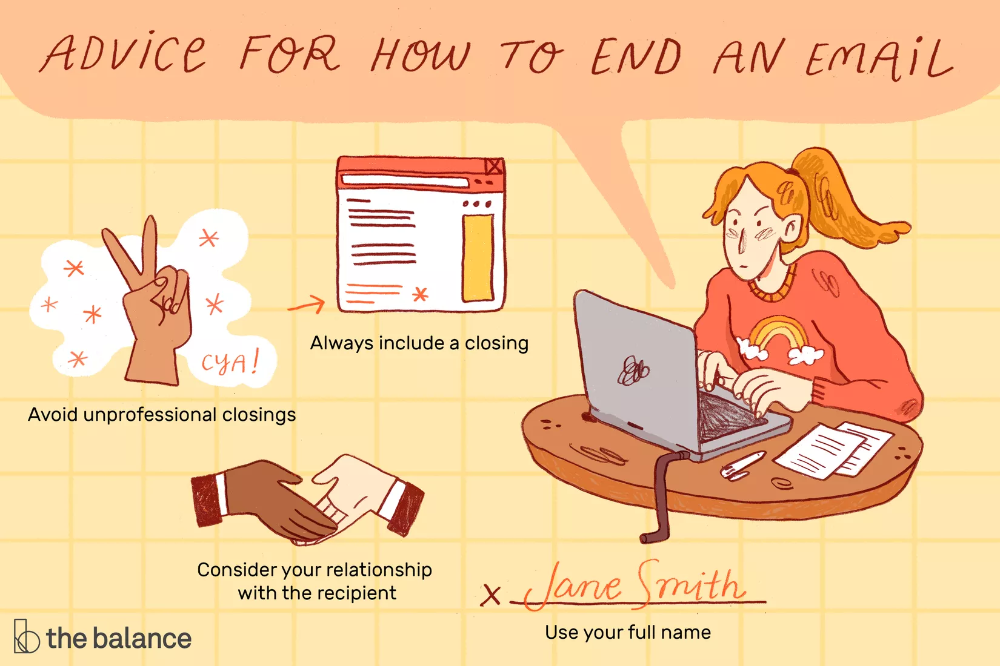
Such an aspiration stems from several questions that a person constantly scrolls through his head. Am I doing something truly valuable in my life? When my time comes, won't I regret that I wasted too many days, months, or even years on nonsense?
The constant desire to occupy one's time, the inability to relax and do absolutely nothing can be clear signs of an obsession with productivity. nine0003
You turn hobbies into projects
Let's say you really enjoy gardening. You love to study and care for different types of plants and flowers. When obsessed with being productive, you may want to turn that hobby into something more productive. For example, open a small business selling garden tools or create a thematic blog.
You feel guilty when you don't reach your goals
It doesn't matter if it's emails you didn't get through or a to-do list you couldn't cross off. For those obsessed with productivity, every miss turns into a problem that keeps them awake. Instead of turning off the computer and returning to tasks tomorrow, such people cannot distance themselves and feel a burning sense of guilt for not achieving even the smallest and most ridiculous goals. nine0003
Instead of turning off the computer and returning to tasks tomorrow, such people cannot distance themselves and feel a burning sense of guilt for not achieving even the smallest and most ridiculous goals. nine0003
Your priority is work
Are you trying to finish your family dinner so you can get back to work? Canceling plans with friends to finish a project? Or maybe you sacrifice sleep to complete all the tasks?
Of course, such situations happen to everyone from time to time. But for productive "addicts" this is the norm. They always prefer work to other areas of their lives.
You constantly feel busy
Dr. Brene Brown of the University of Houston describes this "busy madness" as a "pain-relieving" strategy to avoid the uncomfortable truth about us and our lives. Sometimes such a strategy even creates the illusion of productivity. nine0003
Fortunately, productivity obsession is not a disease, and a few simple tricks can help you avoid falling into this trap.
How to deal with the obsession with productivity
There is no magic pill that will instantly get rid of the obsession. However, some mindful productivity techniques can help you move along the healing path a little faster.
Take time for introspection
To get rid of the obsession with productivity, you need to understand where it comes from and how it works. What reward system makes you pay too much attention to your performance? Perhaps money, public recognition, or something else? What behavior patterns at work harm other areas of your life? nine0003
Record your answers to these questions in your journal. This is a great way to reflect on your relationship with productivity.
Set Your Priorities Clearly
For many of us, work is an important part of our personality. However, this should not be a key aspect of your self-esteem. What else do you care about? In what areas would you like to develop outside of work? To what extent are your current priorities aligned with your core values?
Next time, instead of automatically creating an endless list of tasks, ask yourself what one meaningful goal you could work on today. nine0003
nine0003
Appreciate your hobbies
Remember that not all hobbies need to be turned into projects. Let at least some of them remain just a pleasant pastime. Let your favorite hobby remain a space for experiments - do not let productivity with all its limitations go there.
Reconsider your relationship with time
"Time anxiety" causes us to keep pushing ourselves forward. As a result, we constantly panic and are on the edge. It seems to us that we are squeezing the maximum out of the hours and minutes given to us, but in fact we are just in a hurry, not having time to enjoy them. nine0003
Try to take frequent breaks and learn to sit back without feeling uncomfortable. Define what “time well spent” means to you, and try to regularly carve out minutes for such moments.
Create your own productivity system
Instead of relying on popular methods that may not necessarily work for you, create your own system for achieving goals. Analyze your priorities and hobbies, observe your daily routine and decide what techniques will allow you to achieve success without sacrificing your mental health. nine0003
nine0003
Finally, watch your triggers. It's very easy for a productive addict to fall back into old habits, especially when a new job, hobby, or inspirational goal comes along. Practicing mindful productivity and taking care of your mental health will make your working days much more pleasant and easier.
Read also 🧐
- What is productivity dysmorphia and how to deal with it
- 5 situations when putting things off is useful
- How many hours a day can you work so as not to harm your health and not burn out
James Hollis about obsession - the Master's teleconference is coming soon
We would not be human if sometimes we were not covered by an uncontrollable wave of obsession. You can be at the mercy of working excitement, forbidden love, alcohol and drugs, gambling addiction, personal ambitions.
Some of us rarely experience possession, while others are constantly under its yoke. It is a mistake to believe that if at a given moment in time an obsession is not noticed by us, then it does not affect life. Alas, consciously or unconsciously, obsession takes root in all spheres of our existence and destroys our lives step by step. nine0003
Alas, consciously or unconsciously, obsession takes root in all spheres of our existence and destroys our lives step by step. nine0003
James Hollis, in his book The Whirlpools of the Soul, sees possession as a bondage that has been with us throughout our individual history. The examples given by the author help to better understand how exactly the mechanism of possession affects human life.
James Hollis writes that sometimes we are aware of our obsessive-compulsive dramatic behavior, sometimes we are not. Sometimes we perform individual rituals based on magical thinking in order to reduce our level of anxiety; this anxiety is sometimes manifested in the fact that a person often blinks, breaks fingers, etc.; while he is usually poorly aware of what is happening to him. As a rule, such behavior remains largely unconscious, and the person comes to terms with it. Sometimes it becomes intrusive and seriously invades our lives. nine0003
Roger is a 35 year old radio salesman. He was happily married and had two daughters. At work, he had to constantly drive a car. As soon as he noticed an attractive woman, thought about her, or simply heard lyric songs, he had a strong desire to call his wife from a payphone to share his thoughts with her (however, quite ordinary ones).
He was happily married and had two daughters. At work, he had to constantly drive a car. As soon as he noticed an attractive woman, thought about her, or simply heard lyric songs, he had a strong desire to call his wife from a payphone to share his thoughts with her (however, quite ordinary ones).
At first the wife was flattered by this; then she began to suspect that there was no smoke without fire, and, finally, each of his calls began to irritate her terribly. She persistently sent Roger to a psychotherapist to solve his problems. nine0003
The more intrusive a sudden idea, the deeper its roots lie and the more difficult it is to justify its appearance. Roger was raised by a pious, puritanical mother who had complete power over him. His father suffered from a chronic illness.
All thoughts about the body, about sexuality, even about a woman, were constantly mixed in Roger with the suggestions of his mother who suppressed him. This deep split between his nature and traditional puritanical upbringing continued during his parochial schooling and was overshadowed by the sudden onset of guilt at the onset of sexual thoughts. nine0003
nine0003
Many years later, Roger began to suffer painfully from this splitting, which became active as soon as he came across an attractive woman or had a sexual fantasy. As we have noted, guilt often acts as a defense against anxiety.
Thus, Roger's feelings of guilt caused Roger to withdraw from the most natural thoughts, and his sudden obsession led to a decrease in his feelings of anxiety when he confessed to his wife as if she were a strict nun or a suspicious mother. nine0003
It was hard for Roger to even admit that his behavior reproduced childhood fears that forced him to turn his wife into a mother. This split was so deep that his obsession with the idea and the accompanying guilt became obsessive.
Although he could not come to the origins of this old idea by the efforts of his consciousness alone, he managed to change his behavior: once he wrote a confession and gave it to an analyst, and did not drive his wife into a frenzy.
Roger suffered from a primary trauma and turned his wife into a mother (just as Oedipus made his mother his wife). Unfortunately for the man, his injury was so early that it was inaccessible to therapy, and therefore incurable. Neither cognitive therapy, nor its behavioral modification, nor active imagination - neither one nor the other, nor the third could shake his obsession with the illusion. nine0003
Unfortunately for the man, his injury was so early that it was inaccessible to therapy, and therefore incurable. Neither cognitive therapy, nor its behavioral modification, nor active imagination - neither one nor the other, nor the third could shake his obsession with the illusion. nine0003
There are examples where obsession, for all its morbidity, can nourish creativity or become the basis of a person's life. When the sculptor Henry Moore was asked how he managed to continue to create for many decades, he replied that there was such a great passion in him that he could not fully find an outlet in the movements of the chisel, chisel and coinage.
Nobel Prize-winning poet William Butler Yeats also suffered from an obsessive obsession for fifty years. In 1889, he saw a beautiful girl, the Irish revolutionary Maud Gonne, standing in a doorway among flowering apple trees. nine0003
Later he said that this was the beginning of the greatest misfortune of his life. Fifty years later, on his deathbed, he still continued to write about her. Yates followed her everywhere. He repeatedly asked her to marry him, and each time she rejected him.
Yates followed her everywhere. He repeatedly asked her to marry him, and each time she rejected him.
He promised her to stop writing and devote herself entirely to her world, but she continued to be involved in politics, making her way to The Misfortunes, which reflected the tragic history of Ireland. Yates understood that the path of his beloved was predetermined by fate, and therefore could not keep her. Then he wrote about her:
A sad girl with scarlet lips stood up,
And in her tears one could see the greatness of the world.
She was doomed, like Odysseus, to a sea voyage,
And proud, like Priam, killed by his entourage.
For decades, Yates was consumed by his obsessive obsession with Maud Gonne. From time to time he even wanted to commit suicide, feeling pathetic despair and hopelessness.
But I, the contemptible, have only dreams;
I put them under your feet; nine0009 Tread softly, for you are walking in my dreams.
When Maud married a soldier of fortune, John McBride, Yeats felt doubly rejected; she not only preferred another to him - this other was the complete opposite of the poet.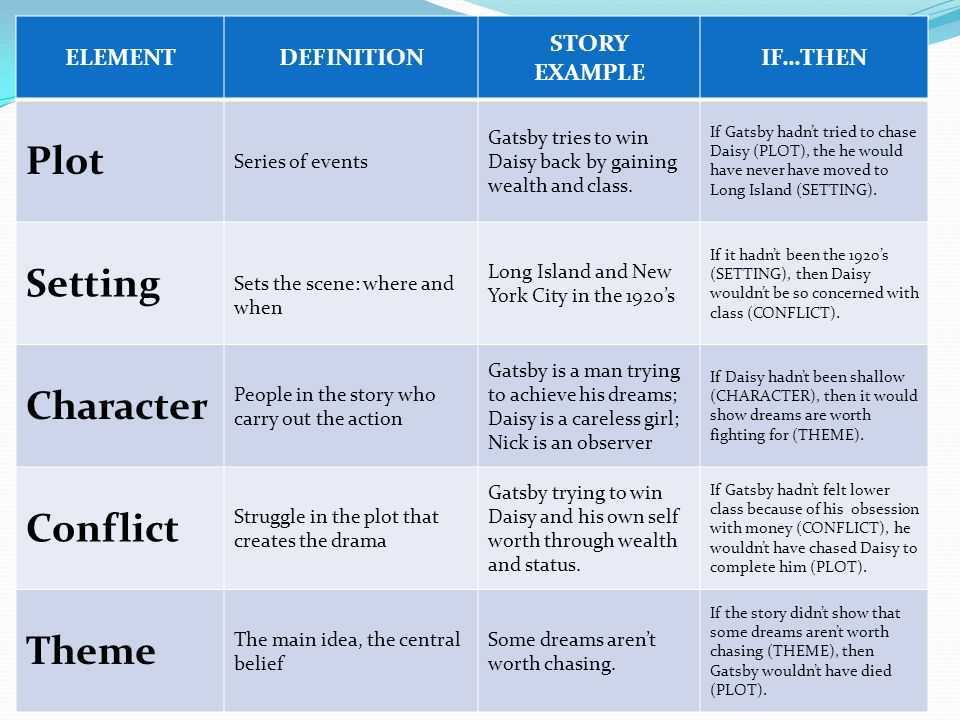
Later, when McBride was executed by the British in 1916 after the suppression of the uprising, Yeats again inflamed passion for Maud and again offered her his hand and heart. And Maud refused him again. Having at that time reached complete madness due to his obsession, Yeats offered to marry him to her young daughter Iseult, who understood the depravity of his proposal. nine0003
Ultimately, the rejected poet married an Englishwoman, with whom he was happily married and who bore him two children. But his thoughts still remained with Maud, even when he was on his deathbed.
Poetry lovers may be grateful to Maud for her unyielding determination not to marry Yeats, for, according to Auden, Yeats's pain over the fate of Ireland "drunk him" into poetry. Yates was well aware of how strong his desire must have been to get Maud to sacrifice his talent for her hand:
It is like that, and therefore who can say,
What should have been thought through, sifted through a sieve?
I could we throw away unnecessary words
And enjoy life.
Yeats' obsessive obsession fueled all his poetry. Unlike Roger and George, he was at least able to sublimate his suffering into art. It is not at all a question here why this woman aroused in him the unconscious image of the anima in such a way that in the psyche of the poet this image assumed such proportions.
During persistent courtship, you can get the exact opposite result due to the projection onto another person of some vital element of your psyche.
Such obsessive thinking should not be confused with love; it is pure projection, and in the vast majority of cases it will reflect some aspect of the primary parent-child relationship.
Due to the fact that the parent has power over the psyche of the child dependent on him, emotional trauma, blurred identity and deep relationship dynamics become the main elements of his mental structure. Over time, the unconscious material that has remained repressed is activated and projected onto another person. nine0003
In obsessive projective identification, another person is endowed with an element that is missing from us and becomes its carrier, thus turning into the guardian of our well-being or, conversely, becoming the embodiment of the greatest threat for us.
As a result of projective identification, falling in love arises. In the state of “falling in love” we experience the best feelings because the other person for some time reflects the elements of the psyche that we lack.
Thanks to the instant approach to one's wholeness, a person gets a feeling of euphoria. Obviously, the personality traits of another person are different from those that we have in the unconscious. nine0003
Therefore our projection cannot last long; when reality displaces fantasy, “love” turns into indifference and even hatred in relation to the manifested “inconsistencies” of another person. We all know how obsessive love can be, because it contains our primary projections.
We are talking not only about those projections that we have left since childhood, but also about those that arose from the feeling of an existential impasse associated with our loneliness on a planet that rotates and simultaneously falls in the terrible emptiness of infinity. nine0003
nine0003
Just as Roger was captured by his childhood need for a parent, so Yates was captured by his projection onto a woman who was most likely a completely unsuitable partner for him. What is not amenable to integration, awareness, necessarily turns into an obsession.
A sudden idea contains a large affective charge that threatens mental balance. By disturbing this balance, we commit an act-out that may seem irrational and harmful, but in general is a logical consequence of an unconscious idea. nine0003
The problem we face in this slough is cleared up: to make unconscious dynamics conscious. Since this is the most difficult problem - and sometimes unsolvable and unbearable - our obsession grows and we continue to remain in Hell.
Since an idea that suddenly arises is usually rooted in an early experience, most often in childhood, we are forced to face a circumstance that the child cannot bear or assimilate. It is the reflex memories of this unbearable affect that sustain the high degree of possession.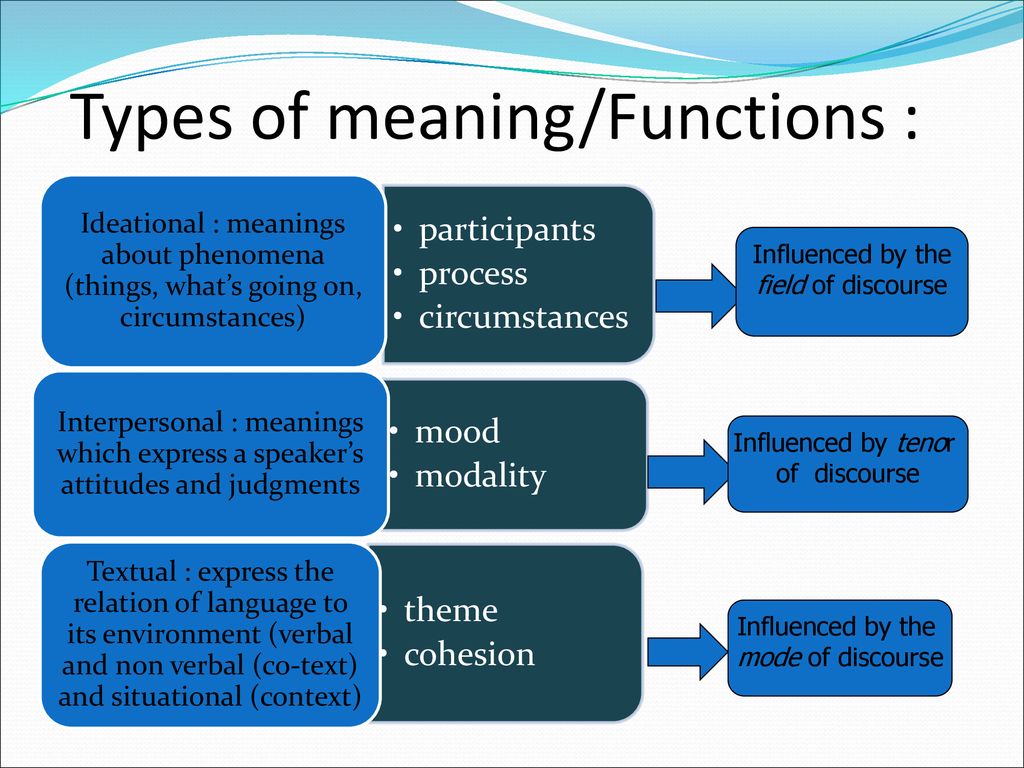 nine0003
nine0003
An adult can endure the intolerable. Then say: “I'm lonely, I'm really lonely. There is not a single person close to me. It can hurt me, it hurts terribly. They won't take care of me and they won't help. I'm afraid of pain and I'm afraid to live in fear. I don't have the strength to go on living. If someone doesn't save me, I'll die."
That says it all. These mysteries are hidden so deeply and so inevitably affect our soul that we can neither face them nor outgrow them. They will not disappear anywhere and will suddenly appear at the very time when we most want to manage our lives. nine0003
They will remind us of our fragility; they will make us feel like failures, they will make us feel ashamed and humiliated. And then it is necessary to fight these unbearable thoughts in order to finally deprive them of their tyrannical power over us.
Jung once remarked: "Most of my patients knew the deep truth, but did not live it." This idea can be expressed in a slightly different way: until we live the deep truth, we will remain in Hell for a long time.